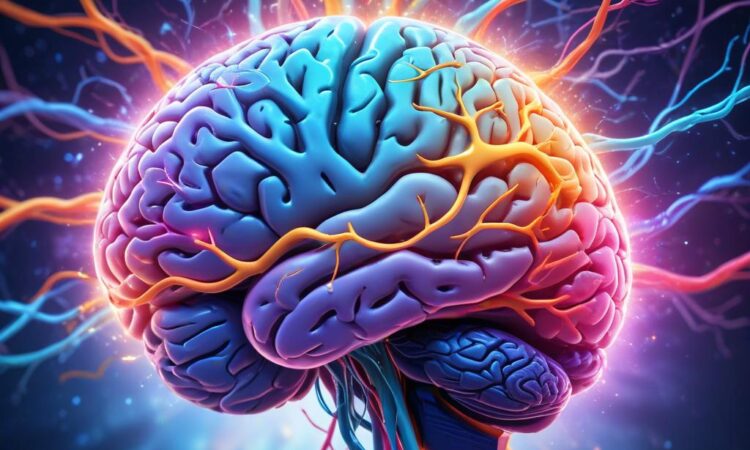Neuroscience: Unveiling the Mysteries of the Brain
Neuroscience, the study of the nervous system, is a vast and complex field that encompasses a wide range of disciplines, including biology, chemistry, psychology, and medicine. Its ultimate goal is to understand the intricate workings of the brain and its impact on our thoughts, feelings, and behaviors. This knowledge serves as a foundation for the development of new treatments for neurological disorders, offering hope for millions around the world.
Exploring the Brain: From Structure to Function
The brain, the central control center of our bodies, is an incredibly intricate organ. Its billions of neurons communicate through a network of synapses, transmitting information at lightning speed. Neuroscience delves into the anatomical structure of the brain, examining its different regions and their specialized functions.
- The Cerebral Cortex: Responsible for higher cognitive functions, including language, memory, and decision-making.
- The Limbic System: Plays a critical role in emotions, learning, and memory.
- The Cerebellum: Coordinates movement and balance.
- The Brainstem: Controls essential functions like breathing, heart rate, and sleep.
By understanding the interplay between these different brain regions, neuroscientists can gain insights into the underlying mechanisms of various neurological disorders.
Deciphering the Enigma of Consciousness
Consciousness, the subjective experience of our internal and external world, remains one of the greatest mysteries of neuroscience. It’s the ability to be aware of ourselves and our surroundings, to feel emotions, and to make decisions. Neuroscience seeks to unravel the neural processes that underpin consciousness, exploring its origins, its characteristics, and its role in our lives.
Various theories attempt to explain consciousness, including the following:
- Global Workspace Theory: Suggests that consciousness arises from the integration of information across different brain regions.
- Integrated Information Theory: Proposes that consciousness is a measure of the complexity and integration of information in a system.
- Neural Correlates of Consciousness: Focuses on identifying the specific brain activity associated with conscious experience.
Research in this area holds tremendous potential for understanding the nature of consciousness and its implications for artificial intelligence, cognitive science, and even philosophy.
Fighting Neurological Disorders: From Research to Treatment
Neuroscience has played a pivotal role in understanding and treating neurological disorders, which affect millions worldwide. These conditions range from debilitating diseases like Alzheimer’s and Parkinson’s to developmental disorders like autism and cerebral palsy.
Current Approaches:
- Pharmacotherapy: Developing drugs that target specific brain pathways involved in the disorder.
- Neurostimulation: Utilizing techniques like deep brain stimulation to modulate brain activity.
- Rehabilitation: Employing physical and occupational therapy to improve function and quality of life.
Emerging Frontiers:
- Gene Therapy: Modifying genes to treat or prevent neurological disorders.
- Brain-Computer Interfaces: Connecting the brain to external devices to restore lost function.
- Stem Cell Therapy: Using stem cells to regenerate damaged brain tissue.
Neuroscience continues to make significant advancements in the fight against neurological disorders, offering hope for a future where these conditions are better understood, prevented, and treated.
The Future of Neuroscience
Neuroscience is a dynamic field, driven by continuous innovation and discovery. The future holds exciting possibilities, with research exploring:
- Understanding the brain’s plasticity: How the brain adapts and changes throughout life.
- Developing personalized treatments: Tailoring therapies based on an individual’s unique genetic and neurobiological profile.
- Unlocking the mysteries of memory and learning: Enhancing cognitive abilities and tackling conditions like dementia.
- Understanding the relationship between the brain and the immune system: Exploring the role of inflammation in neurological disorders.
- Developing new technologies: Utilizing advanced imaging techniques and artificial intelligence to further our understanding of the brain.
Through ongoing research and collaboration, neuroscience is poised to make groundbreaking discoveries that will have a profound impact on our understanding of the brain and its implications for health, well-being, and human potential.

